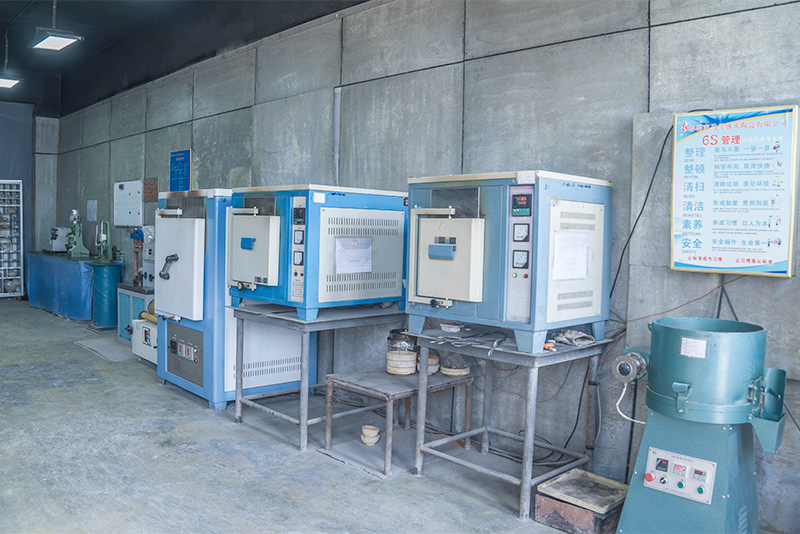Foundry Sand Recycling A Sustainable Solution for the Metal Casting Industry
Foundry sand, a byproduct of metal casting, is a crucial material used to create molds and cores. Traditionally, this sand has been disposed of after its initial use, often ending up in landfills, contributing to environmental degradation. However, with growing awareness of sustainability and resource management, the recycling of foundry sand has emerged as a viable and necessary solution.
Foundry sand is predominantly silica sand, which is known for its properties such as high strength and thermal stability. After the casting process, this sand can become contaminated with various materials, including metal oxides, resins, and additives used during the molding process. Typically, about 70% to 90% of the sand used in foundries can be reclaimed and reused, depending on the quality of the recycling process. This presents an opportunity for foundries to implement recycling strategies that not only minimize waste but also reduce operational costs.
The environmental benefits of recycling foundry sand are significant. By repurposing this material, foundries can conserve natural resources, reduce the demand for new sand extraction, and decrease landfill waste. The mining of silica sand often leads to habitat destruction and the depletion of local ecosystems. Thus, recycling foundry sand helps alleviate these pressures on the environment. Furthermore, using recycled materials reduces the carbon footprint associated with the production and transportation of new sand.
Recycling processes for foundry sand can vary, but they generally include mechanical cleaning, thermal treatment, and chemical processing. Mechanical cleaning involves the removal of contaminants through screening and air classification. Thermal treatment refers to heating the sand to burn off organic binders and other contaminants, while chemical processes may use solvents or other agents to enhance the quality of the recycled sand. The choice of recycling method depends on the desired quality of the end product and the specific contaminants present.
foundry sand recycling

Beyond environmental benefits, foundry sand recycling can also yield economic advantages
. By reducing the quantity of fresh sand purchased, foundries can significantly lower material costs. Moreover, companies that adopt sustainable practices often enjoy a better reputation, which can lead to increased customer loyalty and new business opportunities. The market for recycled materials is growing, and industries are increasingly seeking out suppliers that can provide sustainable solutions.The potential applications of recycled foundry sand extend beyond the foundry itself. It can be used in various construction applications, such as in asphalt and concrete production, as well as in land reclamation projects. This versatility enhances the value of recycled foundry sand and demonstrates its potential to contribute positively to other industries.
Despite these advantages, challenges remain. One of the primary hurdles in foundry sand recycling is ensuring consistent quality. Variability in the type and condition of the sand can impact its usability in different applications. Additionally, regulatory frameworks governing waste materials may complicate the recycling process, requiring foundries to navigate complex compliance issues.
In conclusion, foundry sand recycling represents a critical step forward for the metal casting industry, aligning with broader efforts toward sustainability and responsible resource management. By embracing recycling practices, foundries can minimize waste, reduce environmental impact, and enhance their economic viability. As technologies improve and awareness grows, the potential for foundry sand recycling to reshape the industry and contribute to a more sustainable future becomes ever more promising. Embracing this opportunity is not only an ethical responsibility but a strategic necessity in an increasingly resource-conscious world.
Post time:Jul . 25, 2024 14:15
Next:Emerging Trends and Innovations in Sand Foundry Techniques for Modern Manufacturing Solutions
